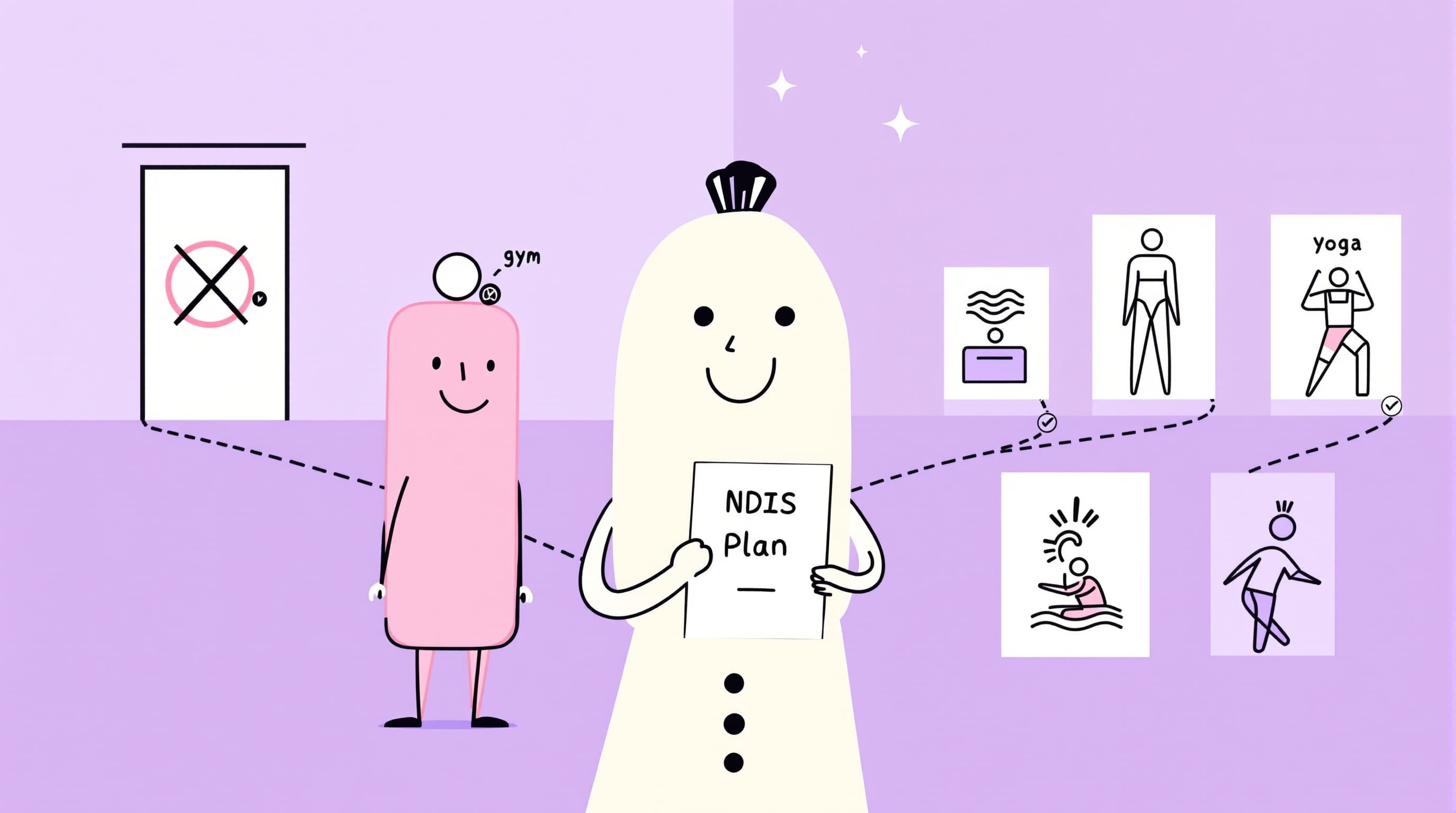NDIS Insight
ndis
Will the NDIS Fund My Gym Membership in 2025?
Updated 8/26/2025
Explore if NDIS funds gym memberships in 2025 and alternative supports available for participants.
9 min read

ndis
disability-support
NDIS gym membership
NDIS fitness supports